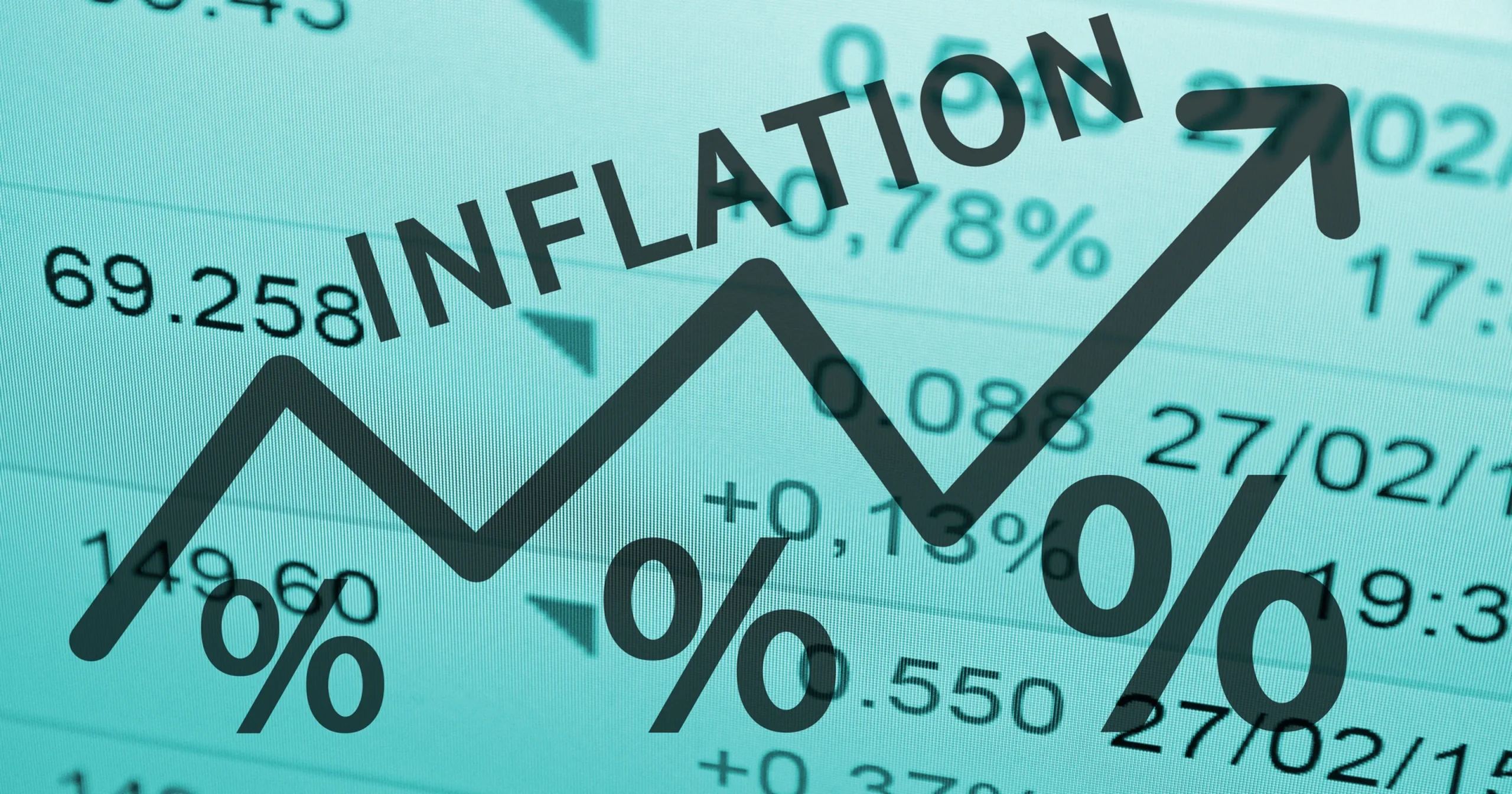Companies have taken decisive action by collectively increasing employee salaries by 18.35%, reaching an impressive N29.45 trillion in the first half of 2023.
These findings are drawn from the National Bureau of Statistics’ latest ‘Nigerian Gross Domestic Product Report (Expenditure and Income Approach): Q1, Q2.’
The NBS report underscores a substantial upswing in Compensation of Employees, encapsulating the total remuneration in cash or kind extended by employers to their workforce.
This figure rose from N24.88 trillion in the first half of 2022 to the current N29.45 trillion. This strategic move aligns with the prevailing economic challenges in the country, where citizens are grappling with heightened prices and an increased cost of living.
Breaking down the compensation trends, the NBS reported, “In Q1 and Q2 of 2023, the Compensation of Employees grew by 15.08% and 19.41%, respectively, in real terms year-on-year.”
These growth rates outpaced those recorded during the same periods in 2022, signaling a proactive response to economic challenges. The report further notes a quarter-on-quarter decline of 3.33% in Q1 but a notable 11.25% growth in Q2 of 2023 in real terms.
The NBS defines Compensation of Employees as “the total remuneration in cash or in kind payable by employers to employees for the work done,” encompassing direct social transfers.
Simultaneously, companies, including SMEs, experienced an 11.93% increase in operating surplus, reaching N67.56 trillion compared to the N60.36 trillion recorded in the first half of 2022.
Amidst record-high inflation and the removal of the fuel subsidy, which has substantially weakened the purchasing power of Nigerians, poverty levels have surged. The inflation rate reached 22.79% by the end of the review period, escalating further to 27.33% as of October 2023.
The World Bank’s Chief Economist for Nigeria, Alex Sienaert, had previously sounded the alarm on the erosion of the N30,000 minimum wage by 55% in 2022, leading to a widening poverty net that affected an estimated five million people. The cumulative inflation between 2019 and 2022 was reported as 55%, significantly impacting households’ purchasing power.
In a recent disclosure, the World Bank revealed that an estimated 4 million Nigerians were thrust into poverty between January and May 2023 due to the loss of purchasing power resulting from high inflation. Moreover, the institution predicts a further increase, with an anticipated 2.8 million more Nigerians expected to fall into poverty by the year-end.
Illustrating the tangible impact, Irene Smith, a banker based in Abia State, lamented, “My salary doesn’t even last up to two weeks anymore. When you get to the market, you can’t even buy anything because of the way prices keep increasing.”
A report by Afrinvest (West Africa) Limited earlier in the year underscored that high inflation has eroded the minimum monthly wage by more than 40% since 2019.



